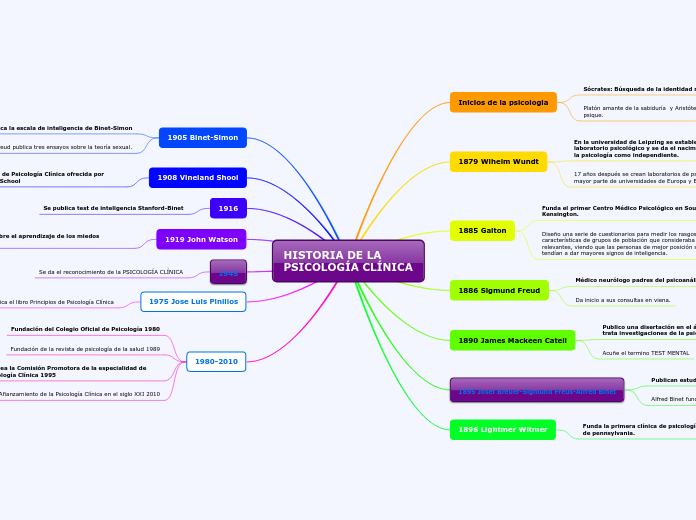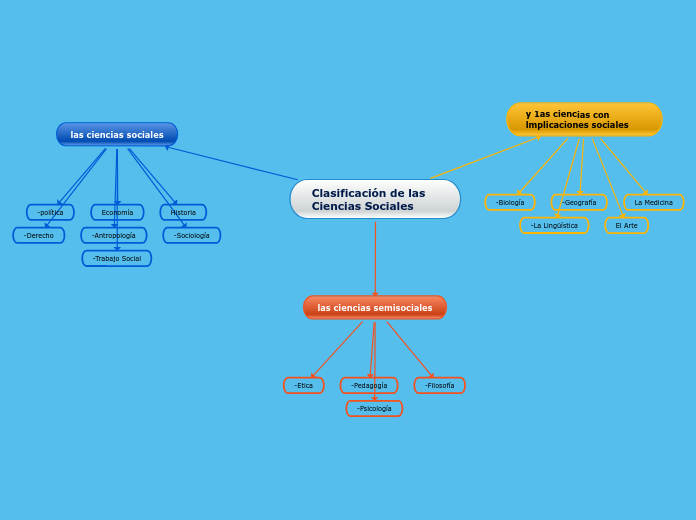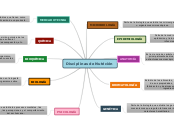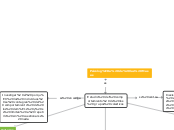HISTORIA DE LA PSICOLOGÍA CLÍNICA
A noun is a word that functions as the name of some specific thing or set of things, such as living creatures, objects, places, actions, qualities, states of existence, or ideas.
1980-2010
Afianzamiento de la Psicología Clínica en el siglo XXI 2010
Se crea la Comisión Promotora de la especialidad de Psicología Clínica 1995
Fundación de la revista de psicología de la salud 1989
Fundación del Colegio Oficial de Psicología 1980
1975 Jose Luis Pinillos
Publica el libro Principios de Psicología Clínica
1945
Se da el reconocimiento de la PSICOLOGÍA CLÍNICA
1919 John Watson
Compound nouns are words where two nouns have been stuck together to make a new noun. Compound nouns should be written as one word, without a hyphen.
Publicación sobre el aprendizaje de los miedos infantiles
1916
Generic nouns are nouns that are part of a generic statement. Generic nouns can be singular or plural. The opposite of generic nouns is collective nouns.
The difference between definite/indefinite and generic nouns is that in the sentence there must be a blanket statement or question.
Se publica test de inteligencia Stanford-Binet
1908 Vineland Shool
Proper nouns are the names of specific people or places. They should always begin with a capital letter.
Primer internado de Psicología Clínica ofrecida por Vineland Traimg School
1905 Binet-Simon
A concrete noun is a noun that can be identified through one of the five senses (taste, touch, sight, hearing, smell).
Sigmund Freud publica tres ensayos sobre la teoría sexual.
Se publica la escala de inteligencia de Binet-Simon
1896 Lightmer Witmer
Possessive nouns are nouns which possess something, normally another noun.
Funda la primera clínica de psicología en la universidad de pennsylvania.
1895 Josef Breuer-Sigmund Freus-Alfred Binet
Alfred Binet funda el primer laboratorio de psicodiagnóstico
Publican estudios sobre la histeria.
1890 James Mackeen Catell
Countable nouns are nouns that can be counted, even if the number might be extraordinarily high.
Uncountable nouns are nouns that come in a state or quantity which is impossible to count; liquids are uncountable, as are things which act
like liquids.
Acuñe el termino TEST MENTAL
Publico una disertación en el área de la psicología y trata investigaciones de la psicometría.
1886 Sigmund Freud
Common nouns are words for people, places or things that aren’t specific (as opposed to a proper noun which refers to only one person, place or thing).
Common nouns can be countable or uncountable, singular or plural.
Da inicio a sus consultas en viena.
Médico neurólogo padres del psicoanálisis
1885 Galton
A noun which refers to a group of things/people.
Diseño una serie de cuestionarios para medir los rasgos y las características de grupos de población que consideraba relevantes, viendo que las personas de mejor posición social tendían a dar mayores signos de inteligencia.
Funda el primer Centro Médico Psicológico en South Kensington.
1879 Wihelm Wundt
A noun which cannot be identified by using one of the five senses (taste, touch, sight, hearing, smell).
17 años después se crean laboratorios de psicología en la mayor parte de universidades de Europa y EEUU.
En la universidad de Leipzing se establece el primer laboratorio psicológico y se da el nacimiento oficial de la psicología como independiente.
Inicios de la psicologia
Irregular nouns are nouns which don’t follow a spelling pattern when pluralized.
Platón amante de la sabiduría y Aristóteles la mente y la psique.
Sócrates: Búsqueda de la identidad mayéutica









